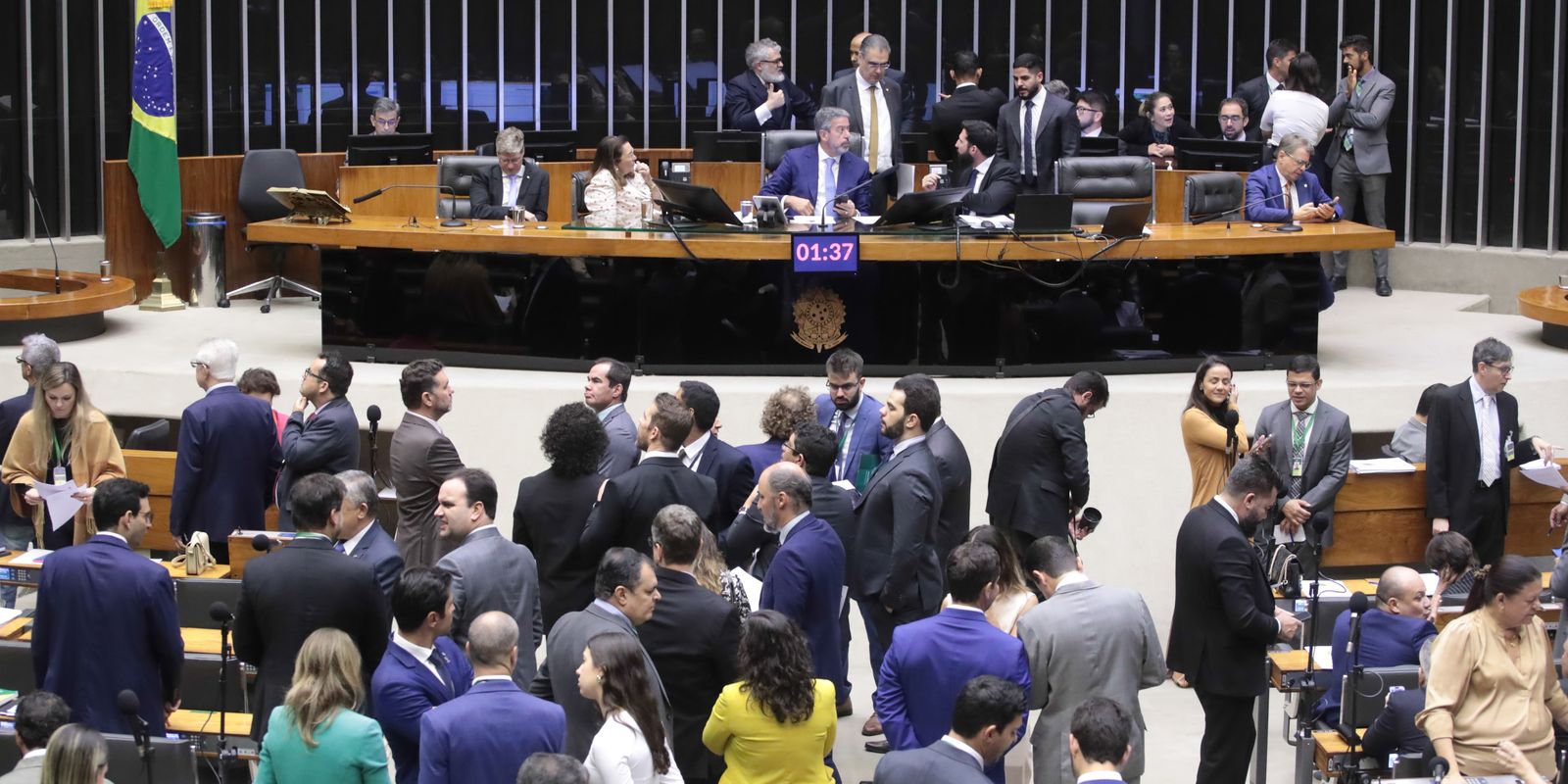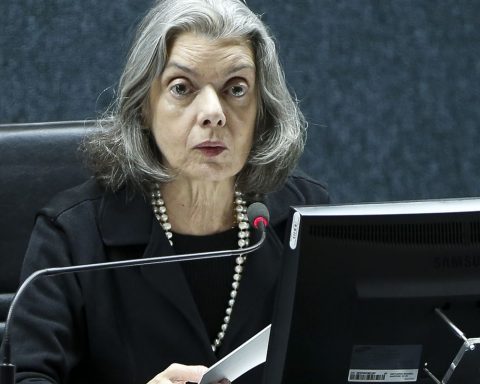By 354 votes in favor, 154 against and two abstentions, the Chamber of Deputies approved, in the first round, the proposed amendment to the Constitution (PEC) of the government’s mandatory spending cut package. The text needed 308 votes, three-fifths of the 513 deputies, to pass.
After rejecting two highlights, the plenary discusses the vote on the PEC in the second round. A highlight of PSOL sought to withdraw changes to the Basic Education Maintenance and Development Fund (Fundeb). Another highlight, relating to the Continuous Payment Benefit (BPC) was unanimously rejected because the topic will be discussed in the bill.
The PEC brings changes to the salary bonus, at Fundeb, and extends the Untying of Union Revenues (DRU). The proposal also paves the way for voting on the project that limits super salaries for civil servants.
To avoid the defeat of the PEC, the government agreed that the rapporteur of the text in the Chamber, Moses Rodrigues (União Brasil-CE) would weaken the funds that may be outside the super salary ceiling of R$44 thousand. The original text provided for a complementary law to deal with the funds authorized to remain outside the ceiling.
Now, the topic will be regulated through an ordinary law, which requires a simple majority. With the change, the National Council of Justice (CNJ) can issue resolutions, which have the status of ordinary law, to circumvent the remuneration ceiling in the Judiciary.
The government also agreed to remove from the PEC a provision relating to the Continuous Payment Benefit (BPC) that prohibited income deductions for granting the benefit. The measure would create a barrier in the Constitution so that income not provided for by law would be disregarded when calculating whether or not the person is entitled to government assistance.
The deputies reached an agreement so that the changes to the BPC will only be discussed through an ordinary bill to be voted on by the deputies this Thursday (19).
The vote on the PEC took place in a tense atmosphere. At around 11pm on Wednesday (18), the president of the Chamber, Arthur Lira, closed the session and transferred the vote to this Thursday after a highlight of the PEC’s voting procedure was approved by 294 votes, with a quorum lower than the 308 votes needed to approve changes to the Constitution. During the morning, the government met with Centrão deputies to try to approve the project, given the resistance of PSOL, which voted against the proposal.
Fundeb
THE main change occurred in relation to Fundeb. The government wanted up to 20% of the Union’s contributions to the fund to be allocated to full-time education, which would open up fiscal space of R$11.6 billion in the Ministry of Education’s Budget next year.
The Chamber reduced the percentage to 10% and established that the Union’s supplement to Fundeb will be used for full-time education only in 2025, reducing the impact to R$5.8 billion. Despite the change, the value is still higher than the savings of R$4.8 billion announced by the government during the presentation of the fiscal package.
According to the agreement, from 2026 onwards, states and municipalities will have to allocate 4% of their own contributions to Fundeb for full-time education. With the change, the federal government transfers responsibility for the program to local governments, saving resources.
Salary bonus
The PEC also reduces the right to a salary bonus for those who earn up to 1.5 minimum wages, with a transition rule until 2035. Currently, the benefit, which is equivalent to a kind of 14th salary, is paid to those who earn up to two minimum wages with a signed document. From next year onwards, the maximum benefit, of two minimums, will be adjusted only for inflation, reducing the real value until it reaches 1.5 minimum wages.
Other devices
The PEC also extended until 2032 the Untying of Union Revenues (DRU), a device that allows the government to use stamped resources freely. In existence since the 1990s, the DRU gives flexibility to the Budget. Over the last few decades, the DRU has been used to pay the primary surplus (positive result of government accounts without interest on public debt) and, from the moment the government started recording a primary deficit, to cover part of the floors for health and education.
Deputies rejected the removal of a provision included in the Constitution in 2019 that obliges the Executive Branch to execute the Budget approved by Congress. In practice, the change prevents the government from canceling mandatory parliamentary amendments.

















